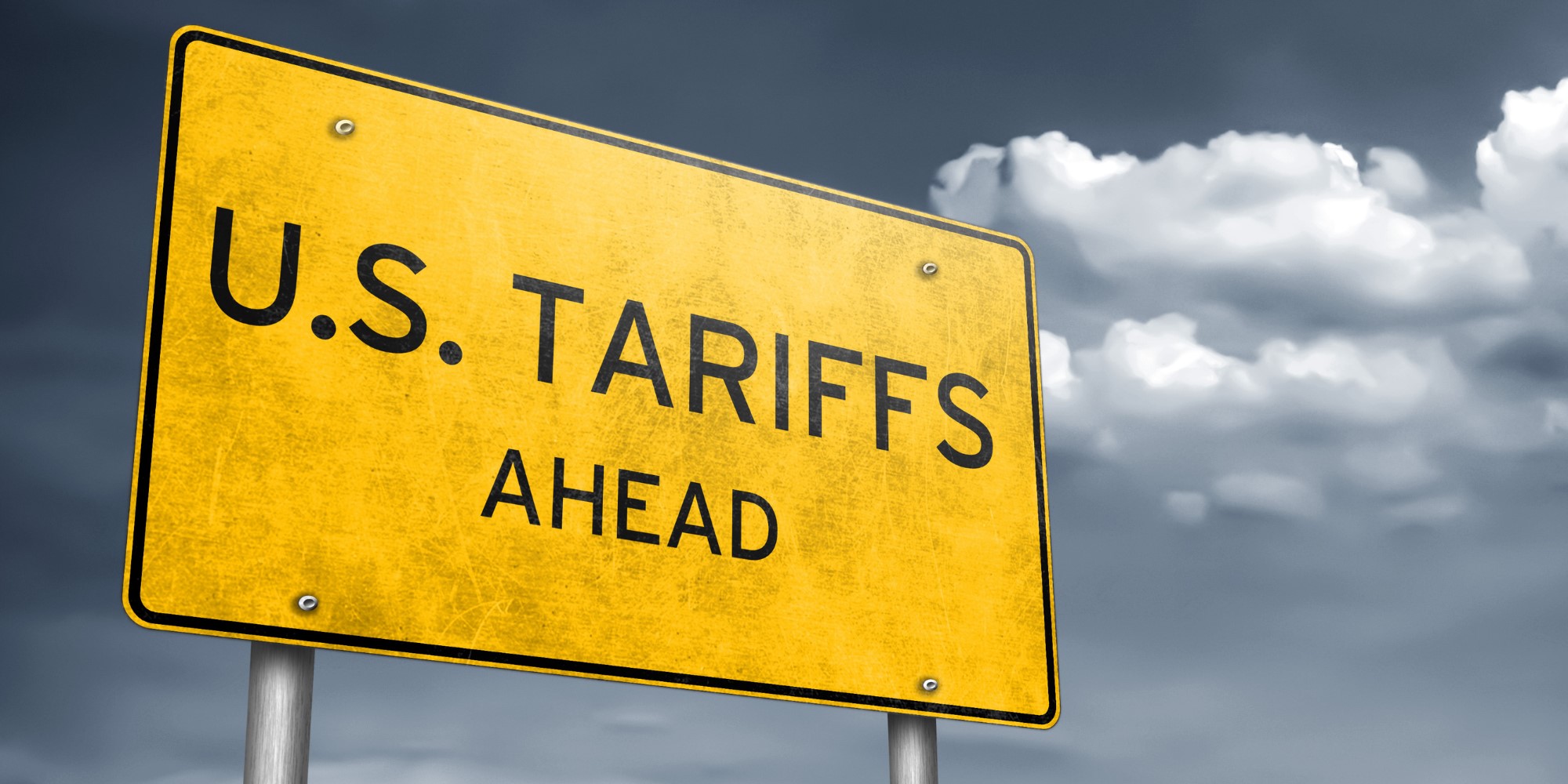
Friday, January 10 2025
With tariffs on imported goods back in focus under the second Trump administration, businesses across the food and beverage industry are bracing for potential changes. These tariffs, which act as a tax on imports, are likely to increase costs for companies that rely on international suppliers, creating challenges for both businesses and consumers. Let’s examine the potential impacts and explore strategies to adapt.
Imported food products are a cornerstone of the U.S. food supply chain, providing essential ingredients and seasonal items that domestic producers may not be able to match. With tariffs, the cost of these goods increases, and businesses must either absorb the added expense or pass it along to their clients.
Key Imports That Could Be Affected:
For example, a 20% tariff on a $50,000 shipment of imported seafood would add $10,000 to the cost, creating a financial ripple effect across the supply chain.
Foodservice Operators and Suppliers
Companies that provide large-scale food services, such as catering for corporate or private events, stadiums, or healthcare facilities, will see higher costs for essential imported goods. Suppliers and distributors will likely absorb some of the expense initially but may eventually pass it on to their clients.
Event Venues and Hospitality
Venues hosting conferences, galas, and celebrations often rely on premium imported goods to elevate their menus. Higher tariffs may lead to tighter budgets, restructured contracts, or a shift toward more locally sourced products.
Consumer Expectations
While businesses may explore alternatives to mitigate costs, consumers are likely to notice price increases or changes in product availability. Transparency about these challenges can help manage expectations and maintain trust.
Explore Domestic Alternatives
Businesses may turn to domestic suppliers to reduce reliance on imported goods. While this shift can support local producers, it’s not always feasible for specialty items or some large-volume needs.
Negotiate Pricing Agreements
Long-term agreements with suppliers or distributors can help stabilize pricing and protect against sudden cost increases. Careful contract negotiation is critical to ensure terms remain favorable under changing market conditions.
Streamline Offerings
Narrowing product selections or focusing on locally sourced ingredients can help businesses manage costs while maintaining quality. Highlighting these efforts as part of a sustainability initiative can also enhance brand appeal.
Communicate with Clients
Open communication about potential pricing adjustments due to tariffs can help set expectations and foster stronger client relationships. Demonstrating proactive planning shows a commitment to maintaining high standards despite external challenges.
While tariffs may tighten budgets in some areas, they could also create new opportunities for the staffing industry. As businesses grapple with increased costs for imported goods, many may turn to temporary staffing as a more flexible, cost-effective solution compared to hiring full-time employees. This shift allows businesses to scale their workforce based on demand without committing to long-term labor expenses.
Additionally, staffing companies can position themselves as strategic partners, helping clients navigate challenges by providing skilled professionals who deliver exceptional service during critical times. By emphasizing adaptability and value, the staffing industry can thrive as businesses seek creative ways to maintain quality and efficiency.
As the F&B industry adjusts to the evolving trade landscape, staying proactive and flexible will be essential. Understanding these potential challenges and opportunities ensures businesses remain resilient and prepared for whatever comes next.
Need help staying ahead of staffing challenges? Reach out to Culinary Staffing Services today to learn how flexible staffing solutions can support your business through uncertain times.